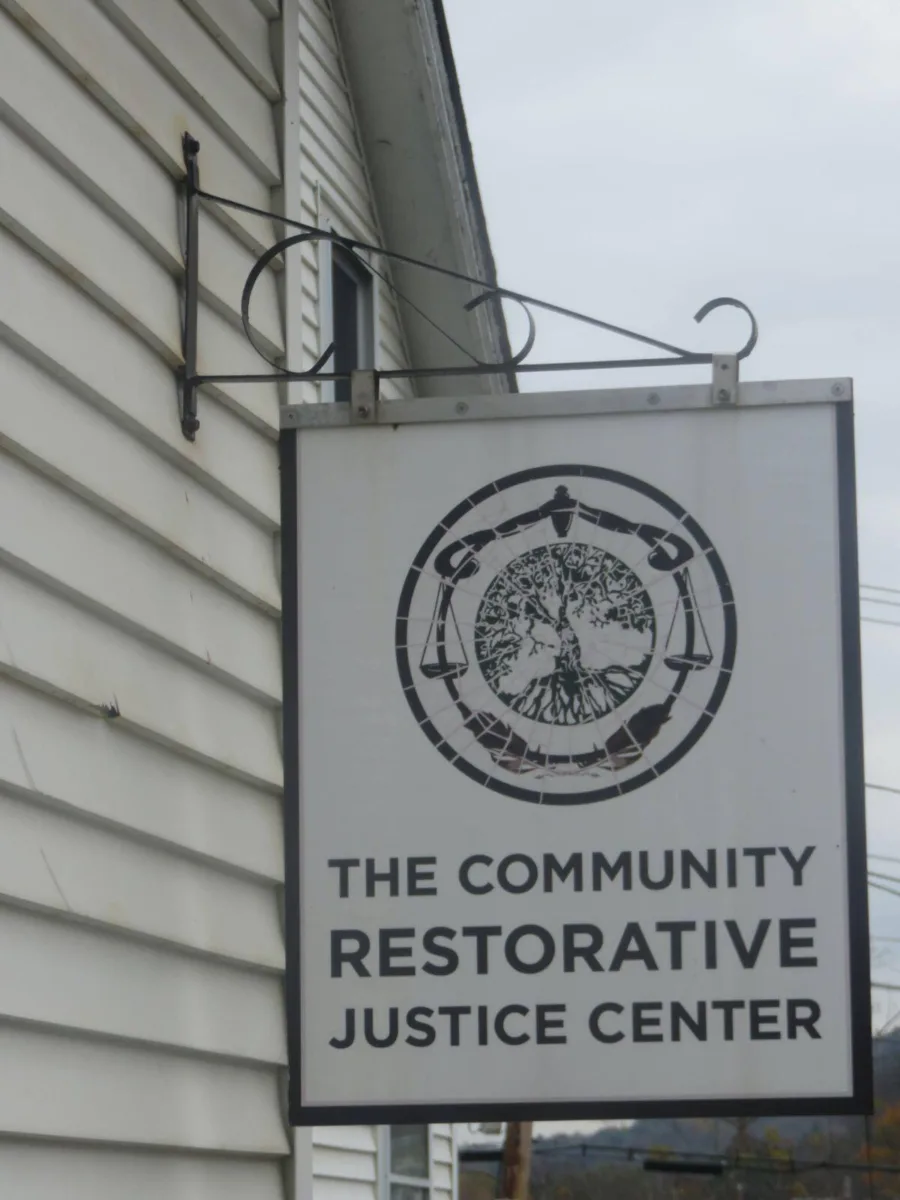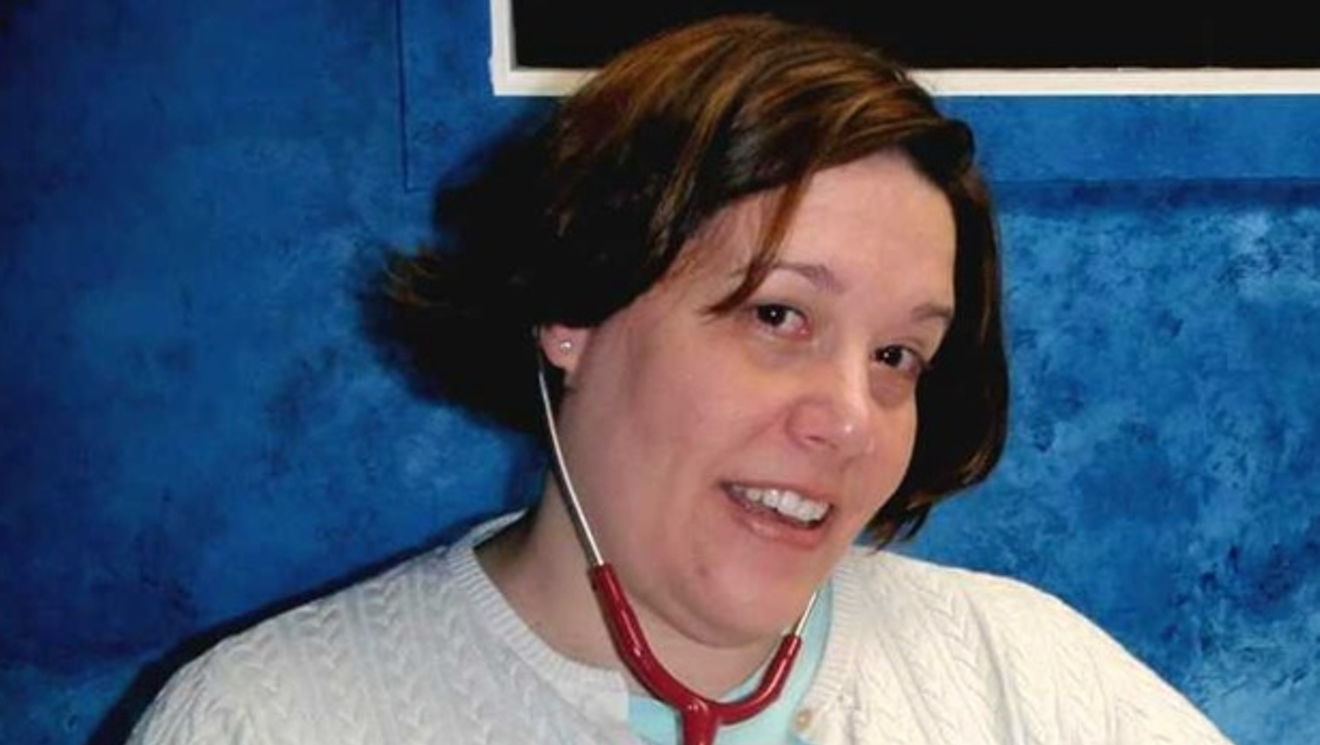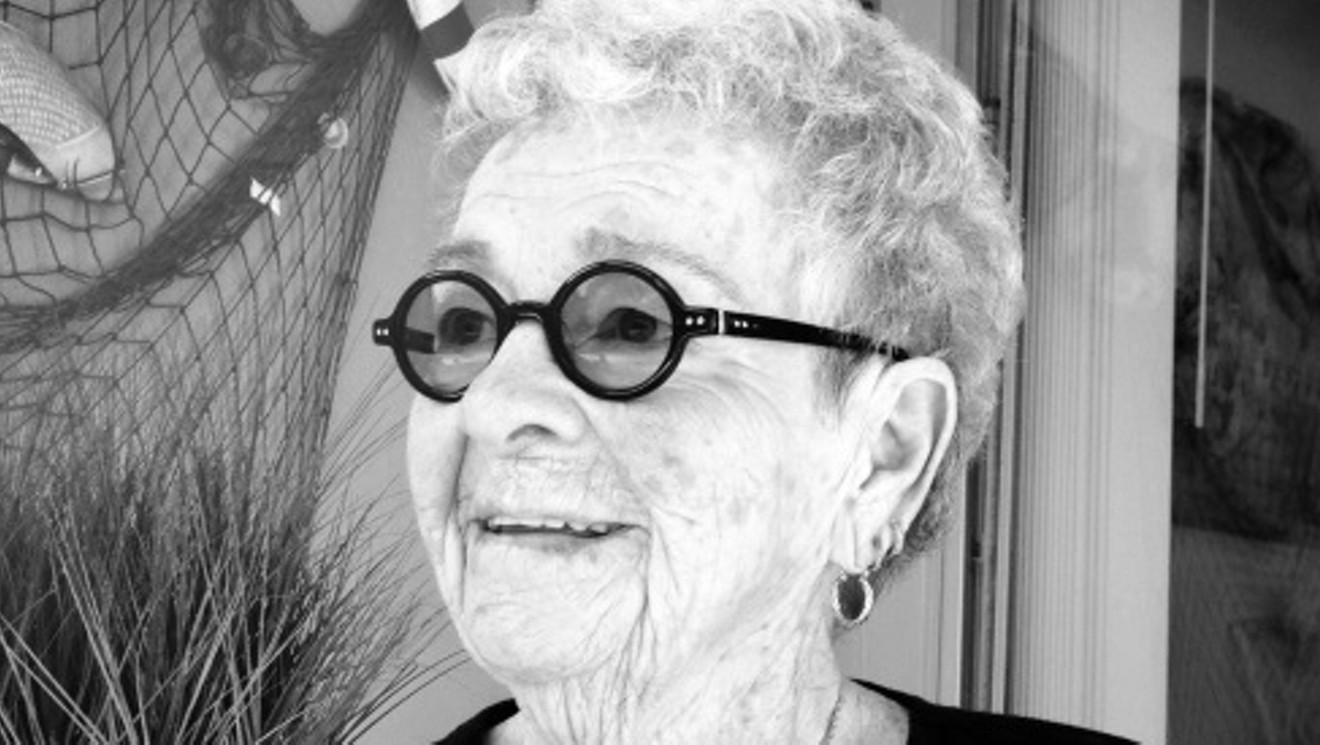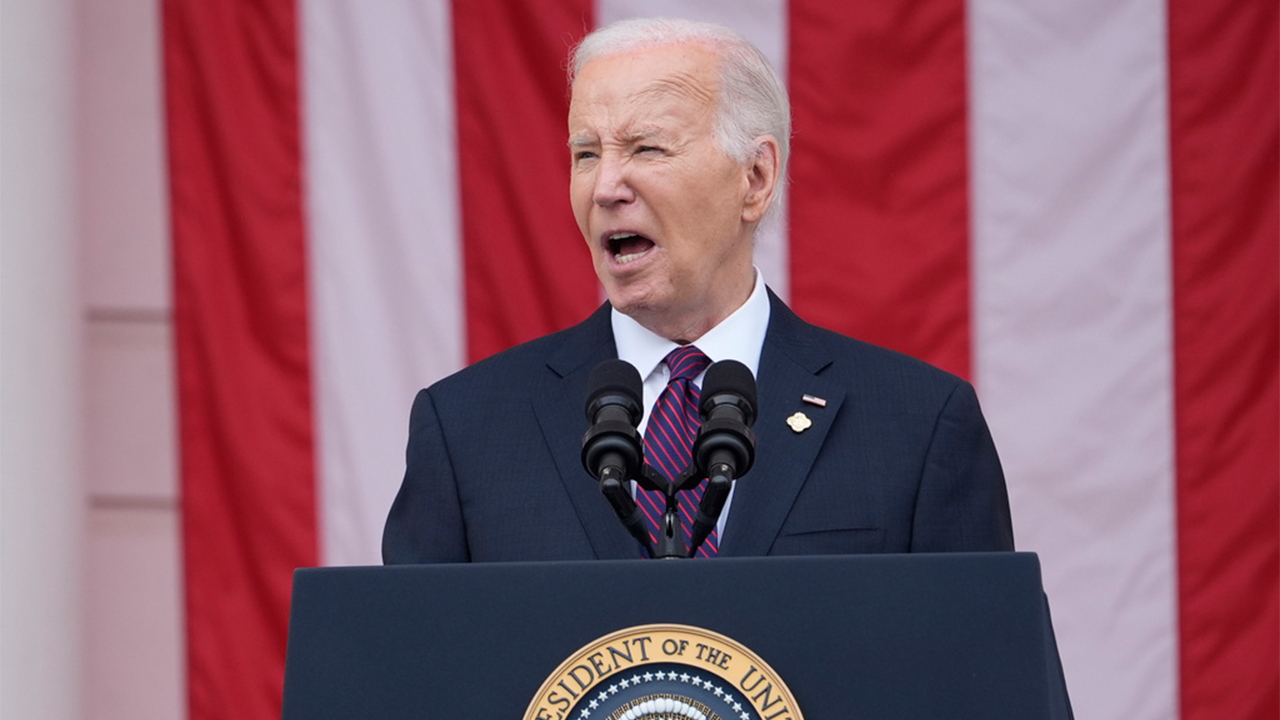Vermont
New statewide program offering free crisis care
/cloudfront-us-east-1.images.arcpublishing.com/gray/UAQ37SRMMFE4BPCGVLEY2WQKYM.jpg)
MONTPELIER, Vt. (WCAX) – A new statewide program is offering free crisis mental health services, they’re calling it “Starting Over Strong Vermont”, or “S.O.S. Vermont.” The Department of Mental Health and FEMA formed the initiative to source crisis counselors throughout the state to be made available for those affected by the summer’s historic floods. Outreach workers can see Vermonters looking for help in person at information booths, talk over the phone, or even meet you wherever you are in person. To get connected with services all you have to do is call 2-1-1.
“If you wanna talk to somebody, three to five sessions, just help release your stress, find ways to manage some of the problems that you’re having, whether it’s a problem in your house, or a mental health problem you’re having or a substance problem, that’s great. Otherwise, if you’re looking for resources how to re-build your home, how to find a furnace, how to sign up for any other thing that might be helpful at that moment, then we can guide you to those resources.” said Washington County Mental Health Services Communications Coordinator, Heather Slayton
You have access to up to 5 sessions but after they’re up, you can be placed on a wait list for more. Funding for the program will last for 8 more months, but may be renewed pending another crises. Counselors told us they’re hearing about unmet needs for housing, money and mental health care. Long term mental health care continues to be inaccessible throughout the state.
Copyright 2023 WCAX. All rights reserved.

Vermont
Inside Vermont’s Radical Approach to Helping the Formerly Incarcerated Succeed

It’s a slate-gray October day in Vermont, and Leon—middle-aged, balding, in work boots and a plaid shirt—sits inside a local community justice center, a low white-clapboard building in the back of a storefront. Five other people encircle a round table with him. A bouquet of pink carnations blooms in the center.
Leon has been out of prison for going on three years. But he’s struggling, battling depression as winter closes in. Close family members died while he was locked up. His children don’t speak to him.
“That’s the real price of what I did, not what some guard says or what my parole officer thinks or the time they can give me in jail,” he tells the group.
Leon is surrounded by town volunteers who’ve committed to supporting and keeping an eye on him in his first years out. Called a Circle of Support and Accountability, or CoSA, it’s an approach to keeping those who’ve committed sexual crimes from reoffending that Vermont has built into its reentry system. (At the request of the Vermont Department of Corrections, The Appeal is not using anyone’s real name nor the name of the town in question to protect his identity and that of his victim.)
Leon keeps venting. When he was in prison, he didn’t fight back if he got punched; he was focused on staying out of trouble and getting out of prison. He says that if he goes behind bars again, he’ll fight back.
Barbara stiffens at his tone. She’s the center’s reentry coordinator and is moderating this meeting. “Do you think there’s a risk that you’re going to go back to jail right now?” she asks.
“Always a risk,” Leon replied. “Always.”
“What are the things that have helped lessen that risk?” she asks.
“Daily choices and not ever forgetting,” he says. “Seeing people who are still making really horrible, detrimental choices.”
Leah, a volunteer, says she understands how disappointing it must be to lose the connection with his kids and grandkids, which he’s talked about in past meetings. “How do you keep that disappointment from consuming you?” she asks. “What are you filling your time with?”
Leon starts to tell her about all the stuff he’s bought to fill his time—guitars, snowboards, watches, and more. Talking about new toys is a diversion tactic the group recognizes from past meetings, one he uses to avoid answering tough questions.
“We’re not doing show and tell today,” Barbara interrupts. The group laughs, and Leon starts over. He listens to music, tries to be still and quiet his mind, and focuses on managing his depression, he says.
“You know, anytime you want to ask your team to get together, as long as it’s not just to shoot the shit, they’re here for you,” Barbara says.
“And you’re still welcome to text me anytime,” adds Tina, another volunteer.
“This process really does help,” Leon says at the end of the meeting. “You can only fake it so long, and when you’re faking it, these people are going to know.”
Leon has had no reoffenses or parole violations since he left prison in late 2020, according to state records.
“Not even close,” he adds.
Vermont’s CoSAs are made up of volunteers who meet regularly with those coming out of prison after sentences for serious crimes, meeting typically once a week for a year, though at least half the groups extend beyond a year. They offer encouragement, advice, and watchful eyes, helping the person at the center, or “core member”, with goals they’ve set for moving back into the community offense-free.
Every quarter, an “outer circle”—including their probation officer, substance abuse provider, family members, and friends—gets together to share their perspectives with the impacted person.
The circles model started in Canada in 1994. But in the U.S., only Vermont and Minnesota have built CoSAs into state reentry policies.
The results have been remarkable. Studies show that nationally, the vast majority of those with a past sexual crime don’t reoffend in the first place. But several studies have found that those who go through the circles model have lower rates of any type of reoffense than those who don’t. A 2018 study of Minnesota’s program showed it yielded a benefit of about $41,000 per participant in state costs avoided–in particular cutting the expenses of reimprisoning someone and the costs borne by new victims.
In 2016, University of Vermont sociologist Kathryn Fox reported to the state legislature on a study she and two colleagues did of the state’s CoSA program. Researchers compared 139 people with convictions of any type who went through a circle and 139 who didn’t. Circle participants were half as likely to be reconvicted of some kind of felony within three to four years after release: 18 percent versus 35 percent. (Robin Wilson, a psychologist and collaborator on the study, told The Appeal that the sexual reoffense rates in both groups were so low that the researchers would have needed an even longer follow-up period to get meaningful results.)
CoSA is a radical departure from prevailing laws—public sex-offense registries and related regimes—that force registrants into isolation, unemployment, and homelessness and make them and their families targets of harassment and violence. For her 2023 book From Rage to Reason: Why We Need Sex Crime Laws Based on Facts, Not Fear, St. Francis College sociology and criminal justice professor Emily Horowitz interviewed dozens of people on registries. They reported being harassed by neighbors, having trouble finding housing and work, being shunned by family, friends, and their communities, and worse.
In South Florida, hundreds of registrants live on the streets because of rules that forbid them from living anywhere near parks, schools, daycares, and more, putting vast swaths of housing off limits. Researchers have repeatedly found these rules do nothing to prevent sexual crimes.
And 25 years of research show that sex offense registries don’t prevent repeat sexual offenses. A 2021 meta-analysis of 18 studies concluded those policies “demonstrate no effect on recidivism.”
Vermont, like other states, is required under federal law to operate a public sex offense registry. But its rules are decidedly less draconian than elsewhere. Unlike in many states, registrants aren’t forced to tell new neighbors about their registry status when they move. And there are no state-level bans on where registrants can live, unlike in the many jurisdictions where such laws force registrants into homelessness.
Vermont CoSA’s advocates are mystified as to why other states ignore its results. In conversations with The Appeal, experts and proponents said interstate community activists may need to launch their own circles to show state leaders what’s possible.
Fox, the sociologist, said some research on those who succeed after prison shows that people stop committing crimes because someone believes in them—a probation officer, a pastor, a CoSA member—and gives them the chance to create an alternative narrative: that they’re a good person who had some twists and turns along the way.
To that end, circles let core members support others in the group.
“Sometimes the core member comes in and says, ‘I came in here wanting to talk about myself today, but I can see that Tina needs CoSA today, so we’re going to focus on that,’” Barbara said.
By contrast, probation and parole tend to take a ‘don’t do this, don’t do that’ approach so they’re “not really the best mechanism for support because they generally are just measuring compliance, sadly,” Fox said.
The biggest challenge for core members might be the state registry. Having their photos and details listed publicly makes getting jobs and housing tough. Plus, the public list makes them targets for harassment and violence. Registrants have to pay $20 to $50 each week to attend mandatory sexual offending treatment groups. If they can’t get a job, they can’t pay. And if they can’t pay, they get sent back to prison.
Circles are also only part of Vermont’s alternative approach to crime.
A shift happened in the early nineties when imprisonment rates were climbing even as crime rates held steady, Derek Miodownik, DOC’s community and restorative justice executive, told The Appeal. The public was telling state leaders it was unhappy with the state spending ever more money on prisons.
After hiring a market research firm to listen to residents, the department funded community restorative justice centers. In addition to CoSAs, those centers house a system of “reparative probation,” which complements traditional probation but functions differently. For nonviolent, minor crimes, the person who offended meets with a volunteer board and negotiates an accord in which they agree to tasks—like a letter of apology to the victim, restitution, and community service—designed to help them see the effects of what they did and repair the harm to the victim.
A study by researchers from three universities concluded that, compared with standard probation, those who went through reparative probation were significantly less likely to commit a new offense of any type.
State legislators wrote restorative justice into state law in 1999, and today the Department of Corrections is administratively located within the state’s Agency of Human Services.

In CoSA parlance, Leon is his group’s “core member.” Most volunteers in his circle have experience inside the justice system: There’s Tina, a court stenographer; Samantha, who worked with adults with disabilities, including inside jails; Kyle, retired from the state’s Department of Corrections; and Leah, a business manager at a nearby university.
Their reasons for getting involved are moral and practical. “I feel like we need more people who are kind and inclusive and want to help everyone have a place in our community,” Leah said. Samantha has a son who was in prison for years. She saw how isolated he was after getting out. Tina said the lesson she took from 40 years working in courts is that a “punitive-based system doesn’t work.” And Kyle saw the need for the program when he worked in corrections: “A lot of guys get out with nothing, and we’re here to fill the gap.”
Circles are akin to a combination of Alcoholics Anonymous and small support groups. Meetings open with an icebreaker that a member brings, like “What was your favorite childhood candy?”
Then there’s a check-in. This often starts with the core member: What’s happened in the last week? What’s been tough? What’s going well? The group may discuss pressing tasks, like a core member’s progress on getting a driver’s license. At the end, they offer closing words for one another. Barbara doesn’t always facilitate, the volunteers or the core member might take a turn.
Sometimes they chuck it all and do something fun, like play a game, have a cookout, or go to an art gallery.
This day’s meeting was a bit different than a standard circle. After Leon left prison, his CoSA group met with him weekly for a few months. But in late 2018, he slipped up, violating his halfway-house rules and landing back in prison for an additional two years. When he was released, the circle took up where they left off, meeting once a week until May 2022. Leon can still ask the group to get together when he needs support, which is why the group convenes today.
Barbara, the coordinator, asks the group to think about Leon’s first circle, which ran for only a few months. How was that experience?
The group agreed Leon was overwhelmed on the outside after four years locked up, but he didn’t want to admit it.
“I don’t want to say [I was] delusional, but I still had such a jail mentality,” Leon said to the group.
In prison, people got jealous if someone had a nice watch. So once he was out, he started buying stuff to fill up his life. Buying expensive things made him feel fine. But he wasn’t.
“I didn’t commit crimes, but I didn’t feel like I was doing that great,” he said.
“You were really like, I’ve got this, and it’s great, and it’s perfect, and you just were drinking from the firehose,” Tina said.
Samantha then chimed in.
“You would get really defensive whenever we asked a question, and that would kind of shut things down,” she said.
Barbara then offered her own expertise.
“For me, there were red flags,” she said. “When that happens and it’s going on for too long, I feel like some bad thing is going to happen.”
Before Leon left prison for a second time, he said he wanted to start meeting with the CoSA group again on release. Barbara wanted to make sure he was serious. So she met with him several times on the inside. She had him write three drafts of a “success plan” in which he mapped out how he’d stay on track. By the third one, she thought he was starting to look inward and ask hard questions.
Re-starting was complicated by the pandemic. The group met on Zoom the first few times, with Leon sometimes disengaged and staring at the ceiling. But of all its programs, the Vermont Department of Corrections (DOC) wanted to keep CoSA face-to-face. Barbara said the DOC quickly built a yurt outside the center for them to meet in.
The volunteers were skeptical when they started the second time.
“We’re dropping the shit, and we’re all going to be here,” Tina remembered telling Leon on a Zoom call. “Cards on the table. I’ll put mine, you put yours, and we’re not going to do show and tell this time around.”
Still, Leon struggled in early meetings. He showed up to one high, and the group confronted him. He admitted he’d been smoking weed, a turning point because he wouldn’t have owned up to it during the first circle, Barbara said. At one of the next meetings, he told the group, “Okay, I’m ready to go. Give me the hard stuff. Let’s ask the hard questions.”
They did. Leon had been convicted of pressuring two people, including an underage teenager, into having sex. In the first round of CoSA meetings, Leon was laying blame elsewhere, complaining about the DOC, the judge, and the prosecutor. When he was locked up, other prisoners—and even guards—had praised his abuse.
The volunteers hammered away at that distortion, asking him to consider the terrible impact of the abuse on both relatives and the pressure he’d put on the woman to participate. One day Leon got it and a light bulb went off.
“I never thought about it that way,” he told the group.
Meanwhile, Barbara helped Leon get an apartment and a construction job—no easy prospect for someone on the sex offense registry. Volunteers serve as ambassadors for core members and help spread the word about what they need. Now, Leon said he is “so happy to pay my rent every month. I loved getting my first electric bill.”
What might make other states pay attention?
The circles model has two goals for core members: no secrets and no more victims.
“If that doesn’t appeal to everybody, I don’t know what does,” Barbara said.
And there’s the money: It costs between $60,000 and $80,000 a year to keep someone locked up in Vermont, she says. Circles lower reoffending, so they cut prison costs, and thus cut taxes.
To spread beyond Vermont and Minnesota, the idea might need to start with grassroots activists. Wilson, the psychologist, helped launch the first CoSA in 1994 in Canada, completed the first research on the model, and co-published a “how-to” guide in August 2022 for communities interested in starting a circles program. He believes a CoSA effort should be community-driven and managed, even if it draws state and federal dollars.
That’s what happened in Fresno, California, and Lowell, Massachusetts.
Fresno’s CoSA program was launched in 2007 by a nonprofit with a grant from the California Department of Corrections and Rehabilitation. Now run by another nonprofit, the Community Justice Center, it’s served dozens of people re-entering after prison.
Program director Jaime Leyva says since he took the job in 2022, 34 people have participated in a circle. None have reoffended, he says. Sean, a former Fresno CoSA core member, said each of the four volunteers on his CoSA team would call him on different days to check in. “They basically become your circle of real-life friends,” he says. “I went from hanging out with no one to hanging out with healthy individuals. I never thought that would be possible,” he says.
The Massachusetts CoSA project, started in 2014 by the nonprofit THRIVE Communities, has worked with at least 150 people returning to communities from prison. Last year it won a $300,000 grant from a local foundation that it will use to launch 100 additional circles, according to a local report. An award-winning 2023 documentary featuring interviews with several of its graduates now holds screenings around the country.
For her part, Barbara thinks people can start circles on their own as long as they can recruit volunteers and find space to meet.
“I mean, AA works, right?” she said. “Everybody could use a CoSA. I could use one myself.” She added later: “It’s a brilliantly simple process.”
It’s a compelling idea: individuals anywhere might seed an alternative to the existing brutal, expensive, ineffective system of banishment and public humiliation for those coming back to society after a sexual offense. Barbara said the CoSA volunteers at her center are ambassadors for restorative justice and have changed how their community thinks.
For Leon, the circle has become more than just a way to stay out of jail—it’s a permanent support network. If he were slipping, he’d call Barbara.
“I know they’re here,” he said of his circle. “You don’t feel so disconnected from the community. You become a part of the community by interacting with these people.”
Vermont
The Magnificent 7: Must See, Must Do, May 29-June 4

Vermont
Melrose woman dies on Vermont camping trip

A Melrose woman has died during a family camping trip.
Vermont State Police were called to Kampersville Campground in Salisbury around 8 a.m. Monday.
A Melrose woman has died during a family camping trip.
Vermont State Police were called to Kampersville Campground in Salisbury around 8 a.m. Monday.
Donna Adams, 69, from Melrose, was found unresponsive in an RV. She was camping with her family. They found her and called police.
Emergency crews tried to resuscitate her but were not successful, investigators said.
She died because of a medical event and her death is not suspicious, investigators said.
-

 Movie Reviews1 week ago
Movie Reviews1 week ago‘The Substance’ Review: An Excellent Demi Moore Helps Sustain Coralie Fargeat’s Stylish but Redundant Body Horror
-

 News1 week ago
News1 week agoVideo: A Student Protester Facing Disciplinary Action Has ‘No Regrets’
-

 Movie Reviews1 week ago
Movie Reviews1 week ago‘Rumours’ Review: Cate Blanchett and Alicia Vikander Play Clueless World Leaders in Guy Maddin’s Very Funny, Truly Silly Dark Comedy
-

 Movie Reviews1 week ago
Movie Reviews1 week ago‘Blue Sun Palace’ Review: An Intimate, Affecting and Dogma-Free Portrait of Chinese Immigrants in Working-Class New York
-

 Culture1 week ago
Culture1 week agoFrom Dairy Daddies to Trash Pandas: How branding creates fans for lower-league baseball teams
-

 World1 week ago
World1 week agoPanic in Bishkek: Why were Pakistani students attacked in Kyrgyzstan?
-

 World1 week ago
World1 week agoRussian court seizes two European banks’ assets amid Western sanctions
-

 Politics7 days ago
Politics7 days agoAnti-Israel agitators interrupt Blinken Senate testimony, hauled out by Capitol police



















